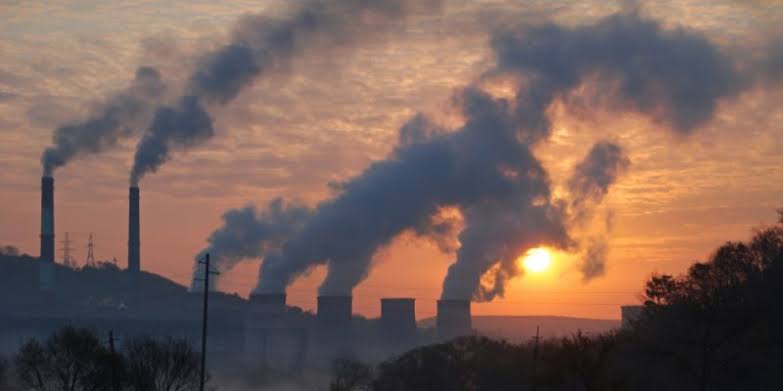Gas Emissions from Waste Industry Rank Second Highest in Lagos

By Egbodo Queen
According to Gaji Tajudeen, Permanent Secretary of the Lagos State Office of Environmental Services, the waste industry stands as the second-largest contributor to gas emissions within the Lagos State.
Speaking at a workshop focused on mapping organic waste and assessing stakeholders’ preparedness at the LAWMA Waste to Wealth facility in Ikorodu recently, Tajudeen—represented by Azeezat Afinowi-Subair, Head of the Climate Change Unit within the ministry—highlighted the state’s heightened attention to organic waste management.
He emphasized, “Organic waste management is receiving increased attention within the state, with the significant potential for contributing to global warming not being overlooked. Given its ranking as the second-largest emitter in the Lagos emissions inventory for greenhouse gases, the waste sector is receiving particular emphasis.”
During the workshop, Lagos C40 City Adviser, Maximus Ugwuoke, noted that Lagos was among seven African cities receiving support from C40 in implementing climate action through the Urban Climate Action Program.
Ugwuoke added that future partnerships would be forged, and C40 cities were keenly interested in the outcomes of the training workshop’s mentorship program.
Greg Ohieri, managing director of Waste to Table, conducted a guided tour of the site for attendees, showcasing a small biogas plant, black army fly technology, and a live demonstration of organic compost production and utilization.
Over the weekend, the Lagos State Government and C40 Cities initiated practical measures to enhance crop yield during peak seasons and to apply compost manure effectively to maximize agricultural productivity for the state’s farmers.
Tajudeen expressed appreciation to C40 cities for collaborating with the state government to ensure that organic waste is converted into valuable resources such as biogas and organic compost.
The commissioner also commended farmers and horticulturists for their enthusiastic participation and valuable insights into organic waste production and management.
